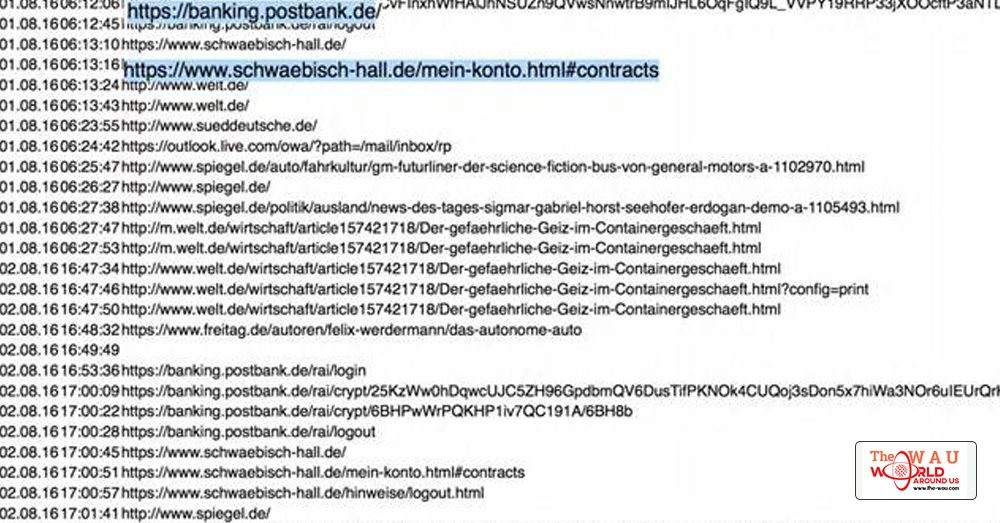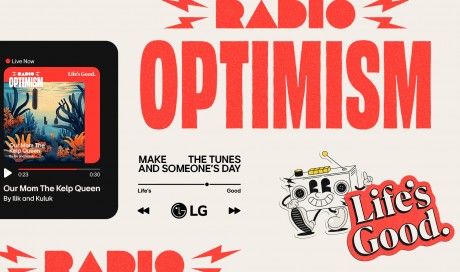Earlier this week, a German journalist Svea Ecker and data scientist Andreas Dewes presented a paper titled Dark Data at the Def Con hacking conference in Las Vegas . The paper exposed private browsing information that included a judge's porn preference and the medication used by a German MP.
This was done by acquiring and analysing the "anonymous" browsing data of more than 3 million German citizens. Remember, it was the anonymous browsing data, the data generated when you browse the internet peacefully in 'incognito' or 'private' mode.
This is just the tip of the iceberg as Ecker and Dewes claimed to have up to ten thousand data points on some of these users-
almost the full record of their online lives. Unfortunately, despite Google Chrome's statement that your browsing data from incognito mode will be anonymous, all it takes is your raw anonymous data and a good data scientist to completely figure out your online life.
If you think this was a random case and you are safe from this form of intrusion, then wait till you hear how they obtained the anonymous browsing data of 3 million Germans.
Ecker and Dewes created a fake AI company website and a LinkedIn account, and they were able to obtain all these data from a data broker free of cost. Ecker used a fake identity called Anna Rosenberg to contact the data brokers. She told Motherboard, "the company we found didn't have a real address, it wasn't registered. It was just a website and a LinkedIn account. We were really surprised they were willing to give us this data."
According to the paper, most of their data came from one among hundreds of data brokers out there online. They provided free data sets to let them test their hypothetical AI advertising platform. Even though the data was an anonymous set, they easily de-anonymised most of the users. According to Ecker and Dewes, it will only take a mere 10 URLs from the browsing data to uniquely identify someone.
How to protect your anonymous browsing data?
The most important question here is where did all these 'anonymous' browsing data come from? After all, Google states that 'pages you view in incognito tabs won't stick around in your browser's history, cookie store, or search history after you've closed all of your incognito tabs'.
According to Andreas Dewes, it was all collected from a number of browser plugins and extensions. So, one important measure you can take is disabling plugins and extension while browsing in incognito or private mode. Additionally, using a VPN can be very helpful to protect your identity online.
Share This Post















